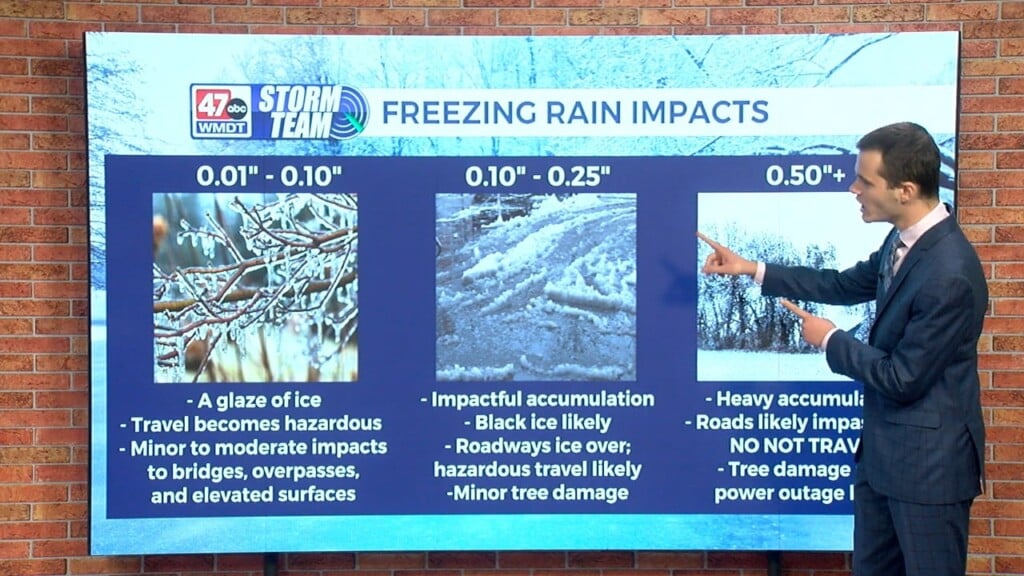New Maryland law aims to tackle college campus sexual assaults

Maryland schools like Salisbury University have always been a “partner” to Life Crisis, a domestic violence and crisis center in Salisbury.
But starting in July, a formal agreement between the two will be a requirement.
“They need to look outside of campus to get the best results,” says Michele Hughes, executive director of Life Crisis. “Training should not come from campus it should come from people who are experts in the field.”
That’s one goal of House Bill 571 – to open the lines of communication. It was drafted this legislative session to address sexual assaults on college campuses.
The most recent numbers across the United States show more than 6,000 occurred in 2013. Education officials believe the high numbers are due to more people reporting.
“A lot of that is because we have more resources available, people are more aware of it people aren’t hiding in the shadows anymore,” says Robby Sheehan, Deputy Chief of Staff at Salisbury University.
Hughes says alcohol is a common reason some students still will not come forward, but the new law allows both victims and witnesses to report sexual violence without facing violations related to alcohol or drug use.
“The fact that you are drinking should not make you culpable for someone else’s behavior,” she says.
Most importantly, the law will also hold schools accountable.
It will require schools to conduct a climate survey every two years to assess perceptions of each school’s response to sexual assault. In addition, schools will have to submit data on a bi-annual basis to the state.
While Hughes hopes the new law prevents incidents, she hopes the law will at least have the resources there to help the students move forward.
“You need to get treated,” she says. “There’s very good training available but it needs to happen.”
The new law will also require agreements between campus and local law enforcement.
While the bill goes into effect this July, schools will not have to start submitting the survey or data until October 2016 at the latest.


